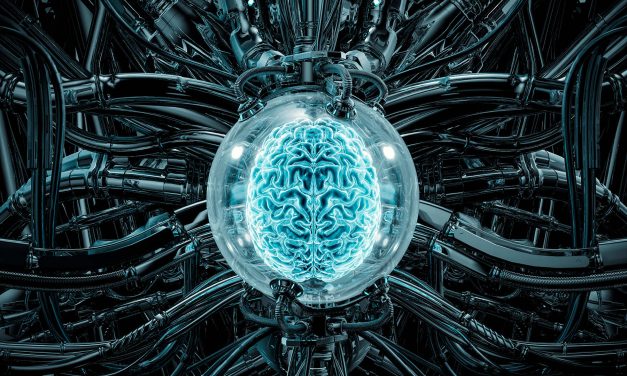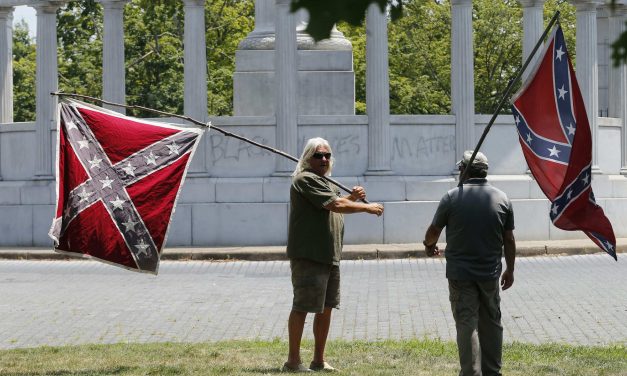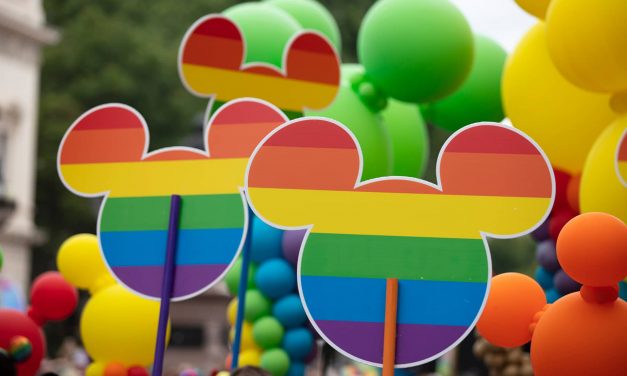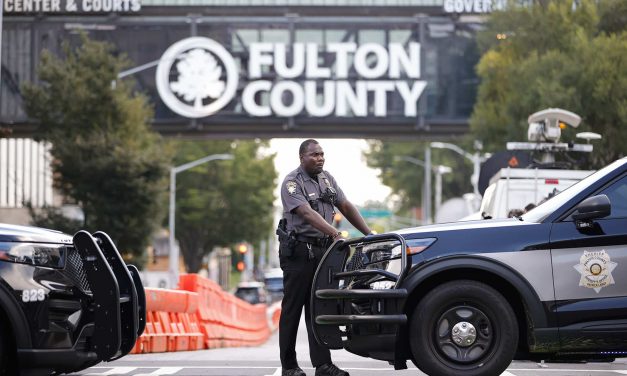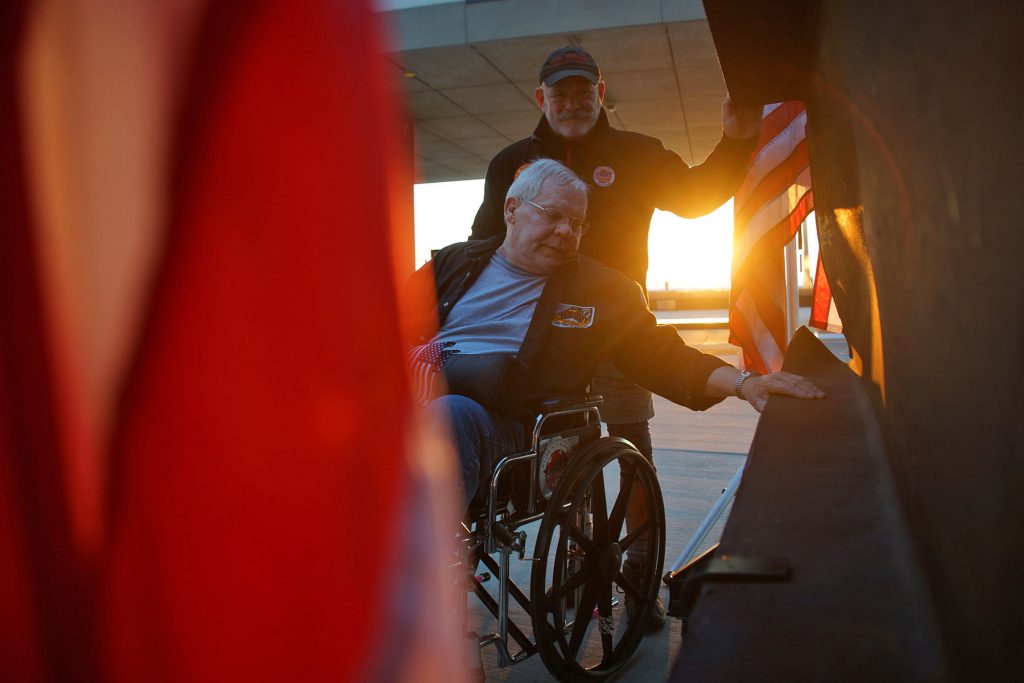Consumer protection: Federal regulation of AI takes a step forward with FTC probe of OpenAI
By Anjana Susarla, Professor of Information Systems, Michigan State University The Federal Trade Commission has launched an investigation of ChatGPT maker OpenAI for potential violations of consumer protection laws. The FTC sent the company a 20-page demand for information in the week of July 10, 2023. The move comes as European regulators have begun to take action, and Congress is working on legislation to regulate the artificial intelligence industry. The FTC has asked OpenAI to provide details of all complaints the company has received from users regarding “false, misleading, disparaging, or harmful” statements put out by OpenAI, and whether...
Read More
